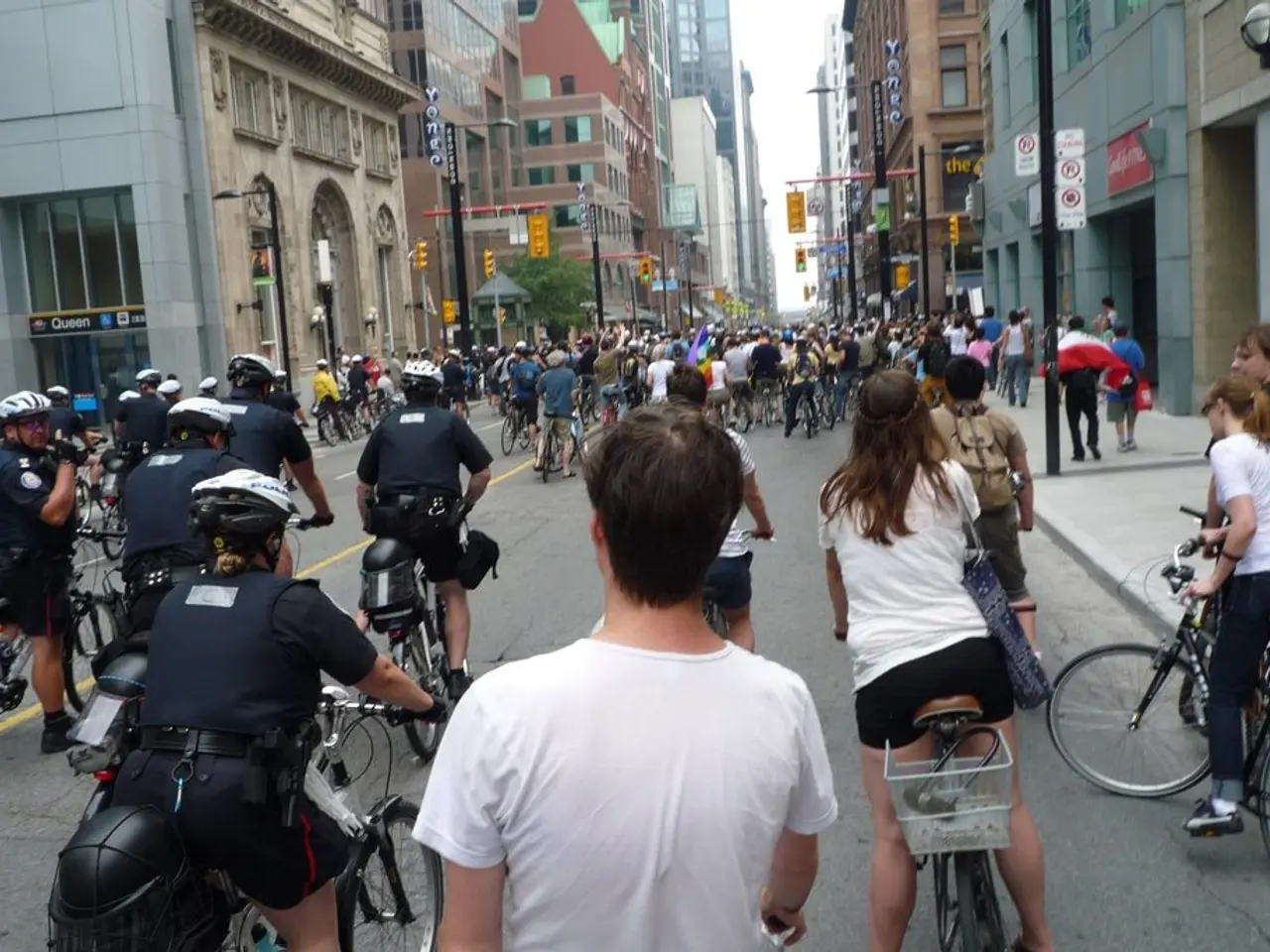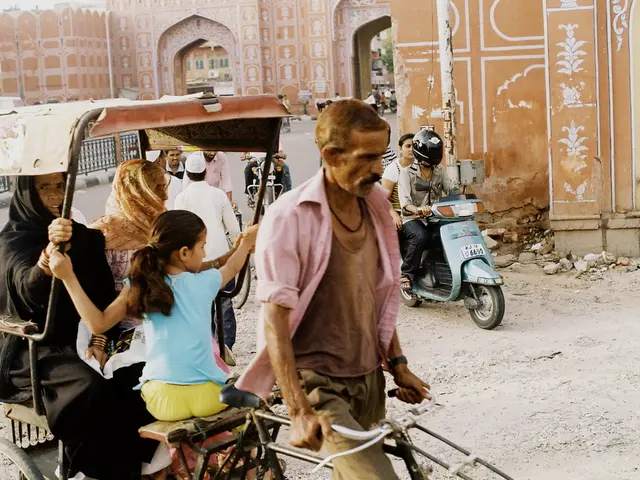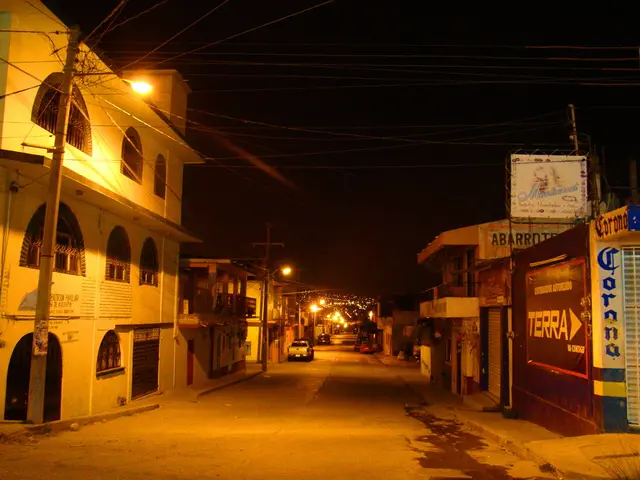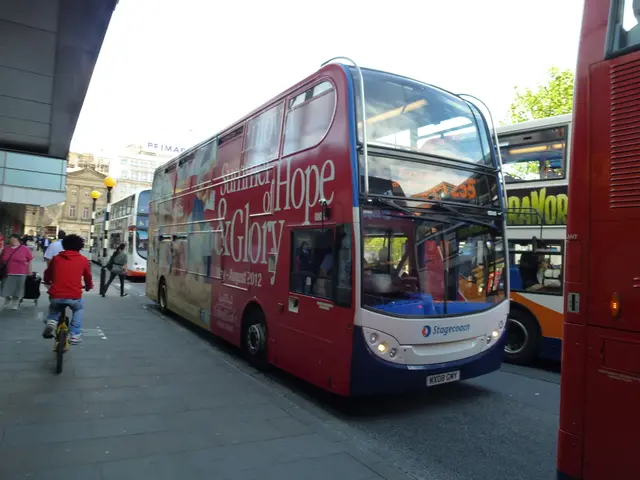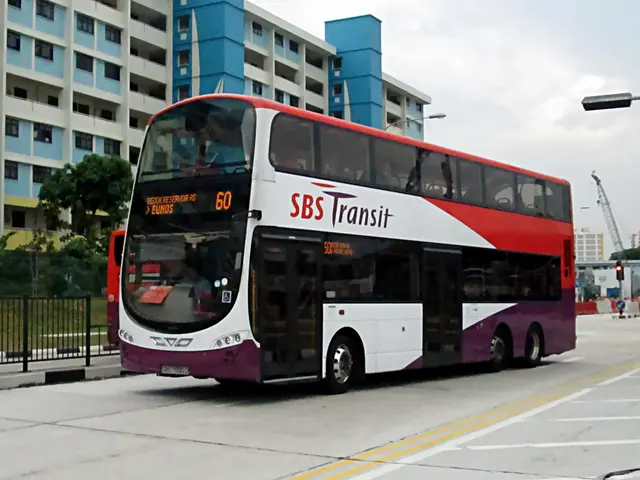German Cities Battle Traffic Congestion, Cyclist Safety Concerns
Traffic congestion in German cities is a major concern for car commuters, with some spending up to 120 hours annually stuck in jams. Meanwhile, the future of urban traffic is uncertain, with potential shifts towards cycling, electric vehicles, or enhanced public transport causing controversy.
In recent years, German cities have made strides to boost cyclist safety. Political groups like Bündnis 90/Die Grünen advocate for more separated bike lanes. Cities such as Düsseldorf have expanded bike streets and developed closed bike path networks. Even the CDU in Pulheim promotes eco-friendly traffic policies, focusing on expanding bike and pedestrian paths. However, many cycle paths remain poorly developed, too narrow, or abruptly end, leading to hazardous situations.
The government is taking steps to improve cycling infrastructure and safety, including more cycle paths and car-free zones. Yet, cyclists often feel harassed by drivers due to close overtaking or blocked paths. This has led to an increase in cycling-related fears, with drivers often being blamed. The coexistence of different transport modes needs rethinking to prevent chaos. Meanwhile, cyclists often ride past stuck cars, enjoying cheaper, greener, and healthier transportation. Some municipalities, like Berlin, Hamburg, and Munich, are heavily investing in cycling infrastructure.
Traffic jams remain a significant issue for car commuters in German cities. While efforts to promote cycling and improve infrastructure are underway, challenges such as poorly developed paths and cyclist harassment persist. The future of urban traffic is uncertain, with potential shifts causing controversy. It's crucial to rethink the coexistence of different transport modes to ensure safety and efficiency for all users.
